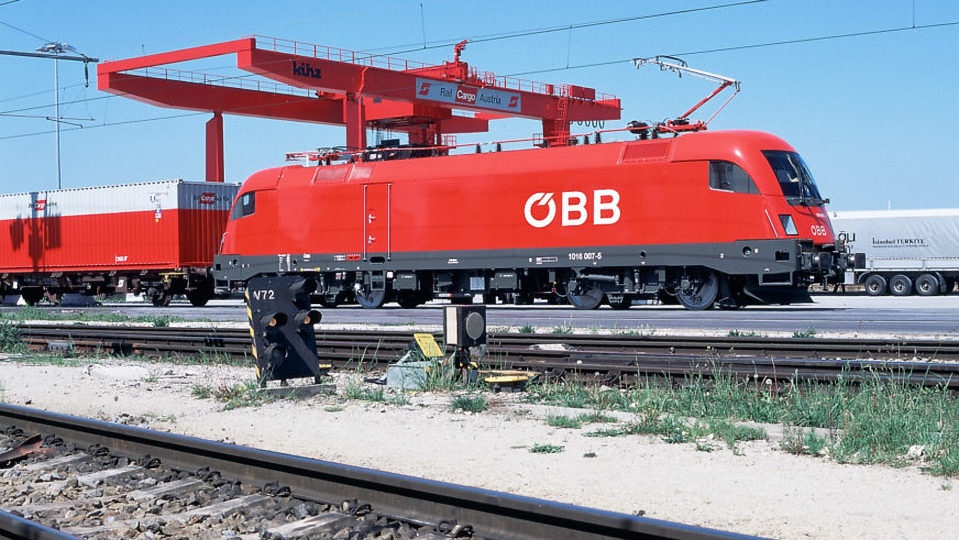Put waste on the rails, says Austria

In Austria, a legal amendment has been proposed to increase the transport of waste by rail. Currently, 80 per cent of this waste is still transported by road, although the cargo type is very suitable for rail transport. An amendment to the Waste Management Act will reduce, among others, the maximum distance that can be covered by truck.
The total amount of waste in Austria was around 66 million tons in 2018. Much of this waste is particularly suitable for rail transport due to its properties, such as excavated material, construction and demolition waste, household waste as well as ash and slag. “There is a lot of potential here for shifting transport to rail”, points out Austria’s railway company ÖBB.
Put waste on the rails
The current draft of the Waste Management Act (AWG) amendment provides for a step-by-step reduction in the distances for mandatory waste transports. From 2023, 300 km transport distances are mandatory to be covered by rail, from 2024 200 km and from 2025 waste transports of 100 km distance are to take place by rail. Currently, rail transports are mandatory starting from 400 km.
The lowering of the weight of waste that should be transported bu rail is another important step towards a shift to rail. This will be reduced from the current 50 tons to three tons. “Thanks to innovative container solutions, Austria’s rail freight transport companies are now in a position to transport even small quantities easily and effectively by rail in a CO2-neutral manner”, said the ÖBB.
Waste Transport Platform
A prerequisite for the simple and efficient organisation of waste transport by rail is a clear overview of all offers from all railway companies. These offers are to be clearly summarised on a new ‘Waste Transport Platform and are to be available to interested customers at any time. This will also include feedback on the available transport options by rail within a short period of time.
The ÖBB welcomes the proposal contained in the AWG draft to establish a waste transport platform at the Federal Ministry for Climate Protection and will support the implementation of this platform as best as possible, it commented.
“In addition, this platform will offer a valuable service, especially for cities and municipalities that are responsible for the collection and disposal of municipal waste, in order to make waste transports CO2 neutral. In this way, municipalities can, on the one hand, live up to their role as role models and, on the other hand, quickly improve their carbon footprint and consequently prevent and reduce impending CO2 fines.”
Recycled waste also waste
However, the definition of waste still needs to be clarified, the railway company continues. The Austrian definition differs from the existing EU legislation: if the waste is recylced, it is no longer considered waste in Austria.From the perspective of ÖBB, the Atrsian legislation should be aligned with that of the EU. “This would make clear that, in principle, every recycling process can lead to the end of waste, which could pave the way to a real circular economy.”
In order to ensure the CO2-neutral supply and disposal chain for commercial and industrial parks, the ÖBB also suggest making a rail connection a prerequisite for the approval of commercial and industrial parks in the future.
You just read one of our premium articles free of charge
Want full access? Take advantage of our exclusive offer





